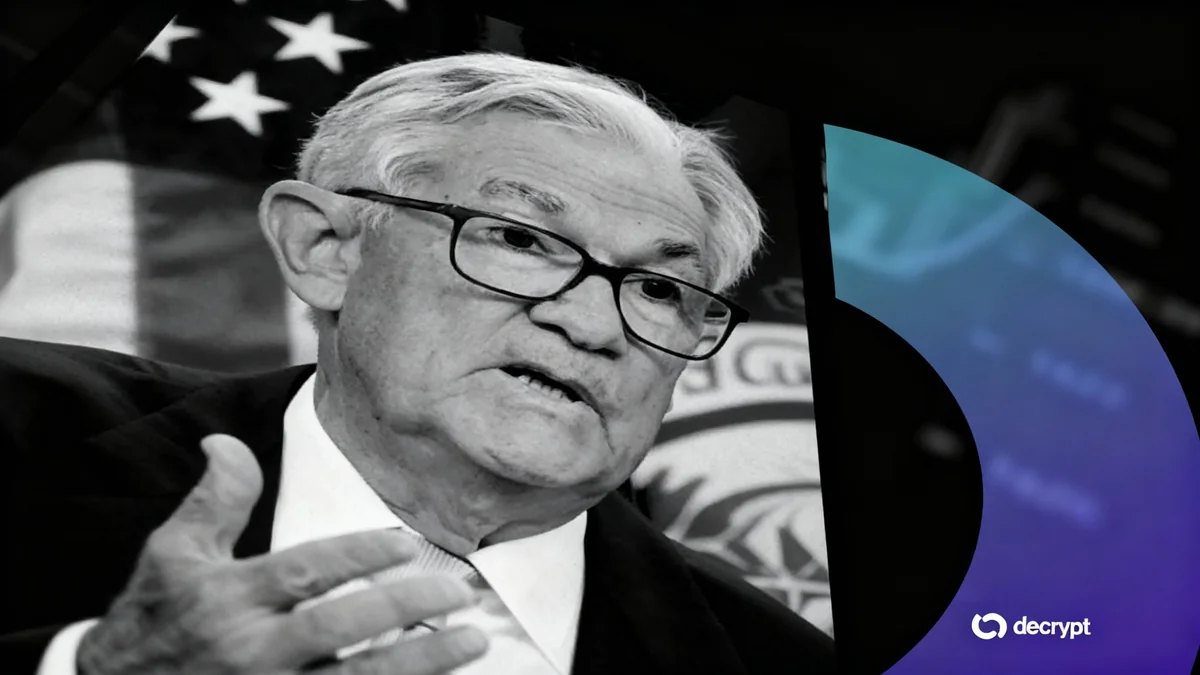A new report from ApeX Protocol has identified Singapore and the United Arab Emirates as the global leaders in cryptocurrency engagement. The study analyzed countries based on ownership rates, adoption growth, online search activity, and the availability of crypto ATMs, revealing significant interest and rapid adoption in these two nations.
Singapore achieved the top rank with a perfect score, driven by high crypto ownership and the world's most intense online search interest for digital assets. The UAE followed closely, boasting the highest percentage of its population holding cryptocurrencies and showing remarkable growth in adoption over the past few years.
Key Takeaways
- Singapore ranks first globally for cryptocurrency engagement, with 24.4% of its population owning digital assets.
- The United Arab Emirates has the highest crypto ownership rate in the world at 25.3% and has seen a 210% increase in adoption since 2019.
- The United States ranks third, leading the world in crypto ATM infrastructure with over 30,000 machines.
- The report by ApeX Protocol measured engagement across four key metrics: ownership, adoption growth, search activity, and ATM availability.
Singapore's Dominance in Crypto Interest
Singapore secured the number one position in the study with a composite score of 100. This top ranking is supported by several strong indicators of deep public engagement with digital assets. According to the report, 24.4% of the country's population currently owns cryptocurrency.
This figure represents a significant increase in a short period. In 2021, only 11% of Singaporeans reported holding digital assets, meaning ownership more than doubled in just one year. This rapid growth highlights an accelerating trend toward crypto adoption in the city-state.
Beyond ownership, Singapore leads the world in public curiosity. The nation recorded 2,000 crypto-related online search queries per 100,000 people, the highest rate globally. This level of search activity suggests a highly informed and interested populace actively seeking information about the digital asset market.
Singapore by the Numbers
- Overall Rank: 1st
- Composite Score: 100
- Ownership Rate: 24.4%
- Search Activity: 2,000 queries per 100,000 people
UAE's Unmatched Ownership and Growth
The United Arab Emirates ranked a very close second with a score of 99.7. The Gulf nation stands out for having the highest rate of cryptocurrency ownership in the world, with 25.3% of its population holding digital assets.
The UAE's journey into crypto has been marked by explosive growth. The country experienced a 210% increase in adoption since 2019. A significant portion of this growth occurred in 2022, when over 34% of the population reported owning crypto, indicating a major boom in interest and investment during that period.
This rapid integration of digital assets reflects a broader national strategy to become a global hub for financial technology and innovation. The high ownership rate suggests that cryptocurrencies are becoming an increasingly common part of the financial landscape for residents.
Understanding the Metrics
The ApeX Protocol study evaluated each country's crypto engagement through a composite score derived from four main indicators:
- Ownership Rate: The percentage of the population that owns cryptocurrency.
- Adoption Growth: The rate of increase in crypto usage over a specific period.
- Search Activity: The volume of online searches for crypto-related terms, adjusted for population.
- ATM Availability: The number of physical cryptocurrency ATMs in the country.
Global Landscape: North America and Beyond
While Singapore and the UAE lead in overall engagement and ownership, other nations show strength in different areas, particularly infrastructure and growth potential.
United States Leads in Infrastructure
The United States ranked third with a score of 98.5, largely due to its unparalleled infrastructure. The country is home to over 30,000 cryptocurrency ATMs, a figure that is ten times greater than any other nation. This extensive network provides easy physical access for buying and selling digital assets.
Alongside its strong infrastructure, the U.S. has seen a 220% increase in crypto usage since 2019, demonstrating sustained growth in public adoption.
Canada Shows Highest Growth Rate
Canada secured the fourth position with a score of 64.7. Its most notable achievement is the highest adoption growth rate in the report, at 225%. This indicates a very rapid expansion of its user base. Currently, 10.1% of Canada's population owns crypto, and the country has a network of 3,500 ATMs.
Turkey Completes the Top Five
Turkey rounded out the top five with a score of 57.6. The country has a strong ownership base, with 19.3% of its population holding crypto, placing it third globally in this metric. Public interest remains high, with monthly search volumes approaching 1,000 queries per 100,000 people.
"Crypto is no longer on the fringe. It’s becoming part of how countries define their financial future... not just as an investment, but as a reflection of how people engage with technology, money, and trust in the digital age."
Other Notable Countries and Broader Trends
The report's top ten list highlights a diverse group of countries with growing interest in digital assets. Following the top five, the rankings include Germany (48.4), Switzerland (46.2), Australia (45.1), Argentina (37.6), and Indonesia (37.1). Each of these nations displays a unique combination of rising adoption, public interest, and developing infrastructure.
Separately, data from Chainalysis offers another perspective on global adoption. In its 2025 Global Crypto Adoption Index, India retained the top position for the third consecutive year. The United States climbed to second place, partly due to inflows into spot Bitcoin ETFs and clearer regulatory discussions.
According to Chainalysis, the Asia-Pacific region is a major driver of global growth, with a 69% year-on-year surge in crypto transaction value. Countries like Pakistan, Vietnam, and Brazil also featured in the top five, underscoring the widespread and varied nature of global cryptocurrency adoption.





